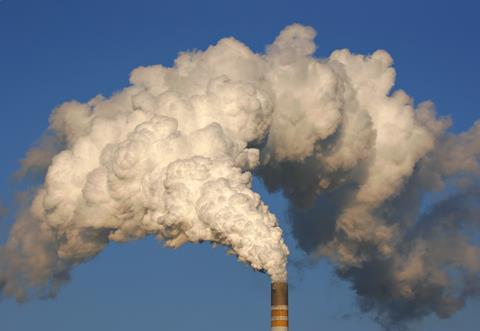
The industry’s two biggest carbon reporting and reduction platforms are going into partnership, in a move they said would create new levels of interoperability in the race to net zero, The Grocer can reveal.
Mondra and Manufacture 2030 said they had agreed to work together to help supermarkets and food and drink suppliers tackle their supply chain emissions.
The move brings together AI data giant Mondra, which in December announced a landmark deal with the BRC to create a new carbon footprinting model across the industry, with Manufacture 2030’s huge network of suppliers and retailers, who use its tools to measure manufacturing site-level data on carbon emissions.
They said it meant supermarkets including Tesco, M&S, Co-op, Ocado Retail, Asda, Lidl and Sainsbury’s, who already work with both companies, will receive a holistic overview of their GHG emissions across Scopes 1, 2 and 3 on a single platform, along with a suite of management tools to help reduce carbon emissions as the sector transitions towards net zero.
However, it would also lead to a major reduction in bureaucracy facing hundreds of suppliers, who would face a reduction in duplication of data because the two platforms would now work together.
A major barrier in the race to net zero
“One of the biggest challenges the industry has been facing for too long now is survey fatigue,” said Mondra founder Jason Barrett.
“Suppliers have been under increased pressure to deliver carbon data from different retailers and many are frustrated by the increase in pace and demand. They have been approached time and time again for similar data for different ends.
“We felt it was prudent, responsible and efficient for us to get our heads together and talk about how we could create one experience for the supplier.”
Meanwhile a major barrier in the race to net zero has emerged, in the form of the large number of different reporting systems across the supply chain. Barrett said he believed today’s deal was the start of a major shift towards agreements on “interoperability” .
“This is the first example of how we will continue as Mondra to integrate with supply chain tools. We’re not just trying to take everything over, we’re looking to be the glue that binds them together. The biggest example of that being the large number of different farm data tools.”
Both platforms have been at the heart of big developments in the industry’s war on carbon emissions of late. Also in December, the leading 10 supermarkets issued a statement restating their commitments to work with Manufacture 2030 to remove thousands of tonnes of GHGs from their grocery supply chains.
Reduce reporting asks of suppliers
The food and drink industry’s private sector moves to cut emissions have led to a proliferation of different reporting systems and metrics.
The government’s Food Data Transparency Partnership, itself a partnership with leading supermarkets and suppliers, has been working with the industry to try to agree on common reporting metrics for Scope 3 emissions and is expected to continue after the election.
However, despite the confusion caused by different systems and the duplication facing supplies, the pace at which major companies have moved to try to create such reporting platforms has outstripped any moves by Defra.
“Through our collaboration, we reduce the reporting asks of suppliers in the grocery supply chain, allowing them to focus on taking the necessary actions to reduce their environmental impact and operate more efficiently,” said Florence Batten-Turner, head of retail partnerships at Manufacture 2030.
“This partnership builds upon Manufacture 2030’s landmark initiatives across the automotive, pharmaceutical, fmcg, and wider retail sectors to help drive down carbon emissions and equip suppliers with the essential tools to operate more sustainably.”







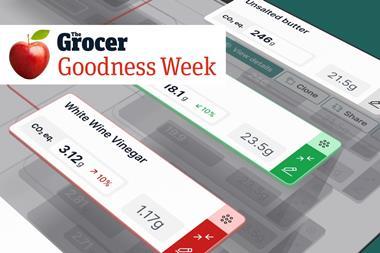
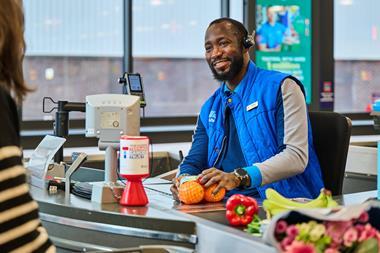
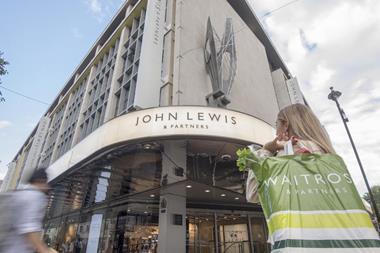
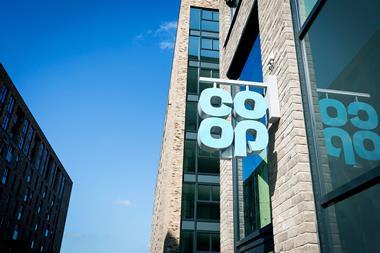
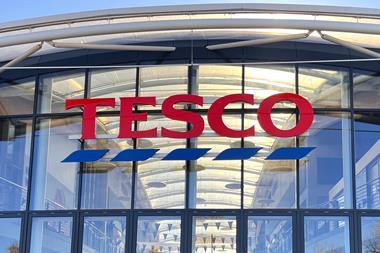


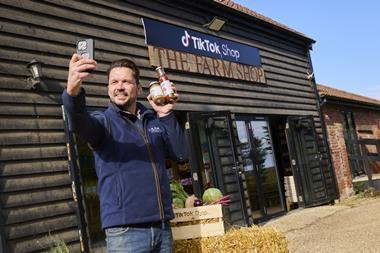

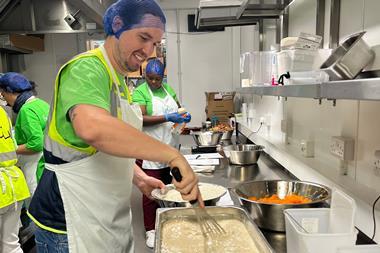


No comments yet